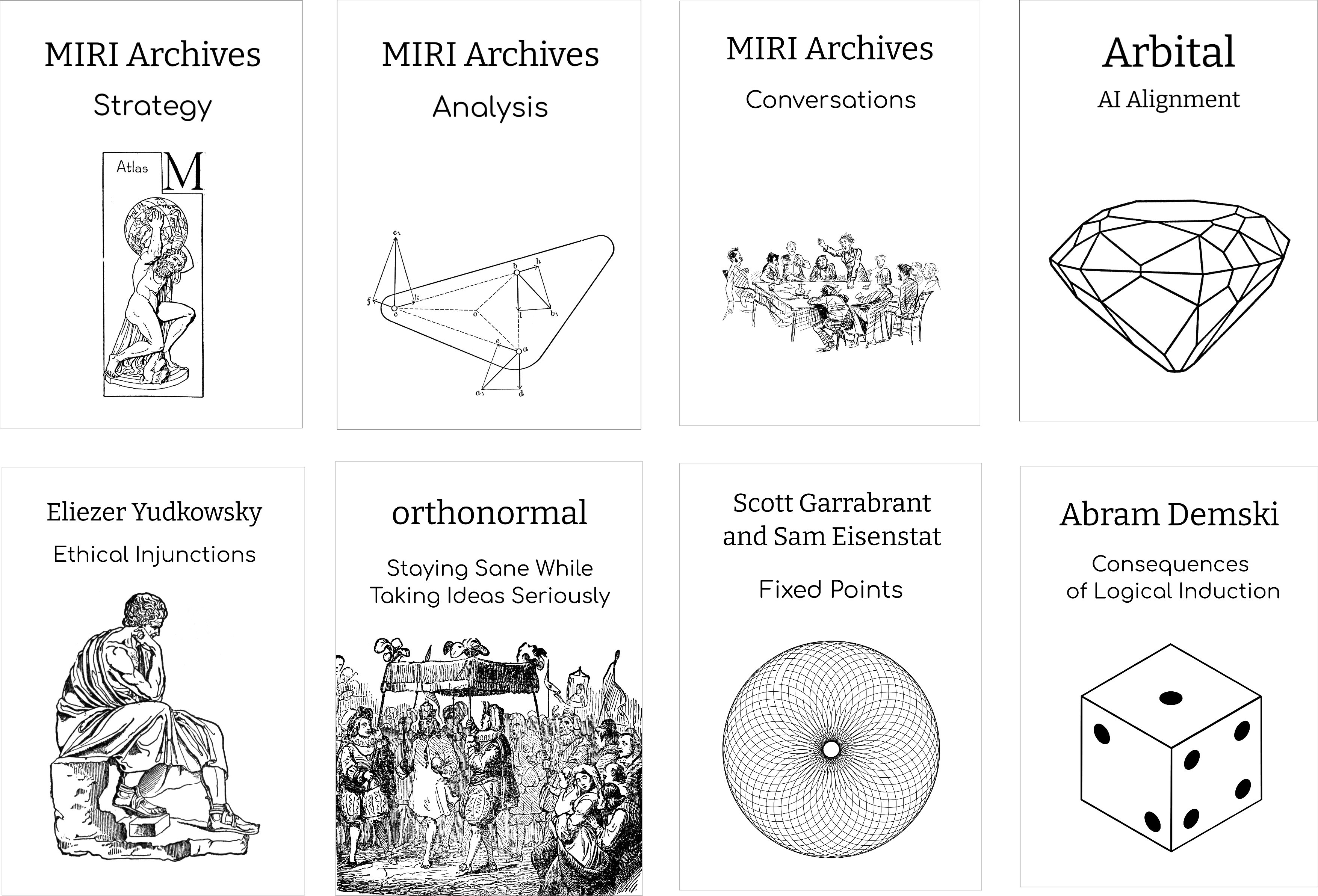"How could I have thought that faster?"
I stumbled upon a Twitter thread where Eliezer describes what seems to be his cognitive algorithm that is equivalent to Tune Your Cognitive Strategies, and have decided to archive / repost it here. > Sarah Constantin: I really liked this example of an introspective process, in this case about the "life problem" of scheduling dates and later canceling them: malcolmocean.com/2021/08/int… > > Eliezer Yudkowsky: See, if I'd noticed myself doing anything remotely like that, I'd go back, figure out which steps of thought were actually performing intrinsically necessary cognitive work, and then retrain myself to perform only those steps over the course of 30 seconds. > > SC: if you have done anything REMOTELY like training yourself to do it in 30 seconds, then you are radically smarter/more able/etc than me and all the other people who do slower introspective practices. > > SC: I don't know whether to be impressed or to roll to disbelieve. > > EY: I mean I suspect that this actually requires something like a fast perceptual view of minds as engines and thoughts as doing work and like actually draws on my mind design knowledge, but, even so, I ask: Do you constantly look back and ask "How could I have thought that faster?" > > SC: No, I've never asked that. > > EY: Okay, well, every time I'm surprised by reality I look back and think "What about my model and my way of thinking could I change that would have predicted that better, without predicting a bunch of other things worse?" > > EY: When somebody at a MIRI workshop comes up with a math proof, I look over it and ask if there's a way to simplify it. Usually, somebody else does beat me to inventing a proof first; but if my intuition says it was too complicated, I often am first to successfully simplify it. > > EY: And every time I complete a chain of thought that took what my intuition says was a lot of time, I look back and review and ask myself "How could I have arrived at the same destination by a shorter rout



Emacs has keybinds that allow you to move forward and backward at the following scales:
Emacs supports rendering the org-mode format for text files where you can create a tree (like in Notion or Obsidian), which allows you these additional movements:
I find all these actions quite intuitive, and never used count modifiers in vim where you must type
10 jto move 10 lines down. It is an investment of time to learn such a workflow, of course.